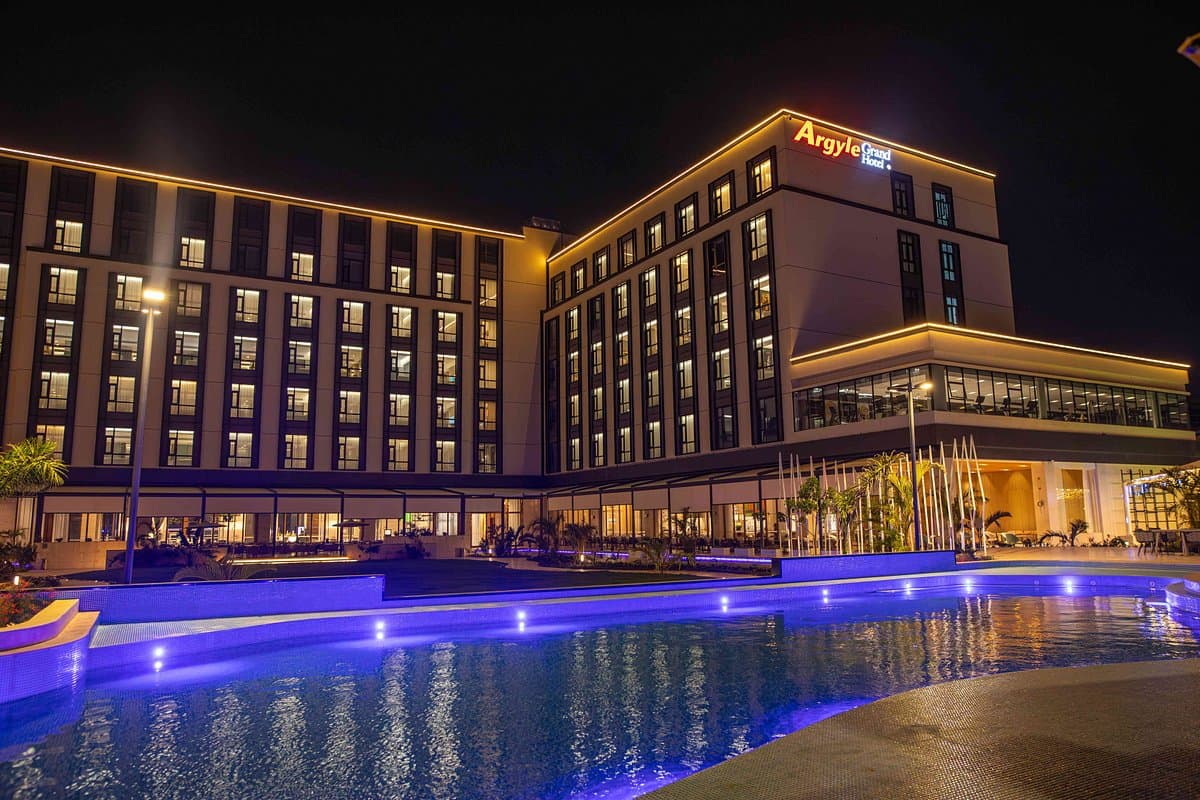We're loading the full news article for you. This includes the article content, images, author information, and related articles.
An in-depth look at the premier hotels setting the standard for luxury in East Africa as Kenya's tourism sector targets record growth and prepares for a nationwide quality overhaul.

As Kenya's tourism and travel sector is projected to inject a record KSh 1.2 trillion into the national economy in 2025, Nairobi's elite 5-star hotels have emerged as critical pillars of this growth. This anticipated economic contribution represents a significant 24% increase compared to pre-pandemic levels, underscoring the resilience and dynamism of the nation's hospitality industry. The sector is also expected to support over 1.7 million jobs in 2025, constituting more than 8% of total national employment. Amid this boom, a select group of six luxury hotels in the capital are distinguishing themselves through exceptional service, world-class amenities, and unique local character, attracting high-spending international visitors and bolstering Kenya's reputation as a premier travel destination.
The government's focus on high-end tourism aims to maximize revenue while minimizing environmental impact. This strategy's success hinges on the quality and appeal of its luxury accommodations. The upcoming nationwide classification of tourism facilities by the Tourism Regulatory Authority (TRA), set to begin in February 2025, is poised to further standardize and elevate the quality of service across the industry. This will be the first such comprehensive assessment since 2018. For Nairobi's leading hotels, this represents an opportunity to solidify their standing and for the sector to align with global best practices under the East African Community's (EAC) common classification criteria.
Streamline News has identified six standout 5-star establishments that exemplify the pinnacle of Kenyan luxury hospitality in 2025. This selection is based on a cross-referenced analysis of international awards, verified guest ratings, and unique service offerings.
The success of these high-end hotels is not just a matter of prestige; it is a significant economic driver. The luxury tourism they attract contributes substantially to foreign exchange earnings and supports a vast supply chain, from local food producers to artisans. However, the rapid growth of the luxury sector has also sparked a national conversation about its socio-economic implications. Reports have raised concerns that the benefits of high-end tourism may not always be equitably distributed, with wealth sometimes concentrating among international investors rather than trickling down to local communities. This has led to calls for a more inclusive approach to tourism development, one that fosters stronger linkages with local enterprises and ensures communities have a greater stake in the industry's success. As Kenya continues to market itself as a premier luxury destination, balancing economic growth with sustainable and inclusive practices will be the defining challenge and opportunity for the sector moving into the latter half of the decade.
Keep the conversation in one place—threads here stay linked to the story and in the forums.
Sign in to start a discussion
Start a conversation about this story and keep it linked here.
Other hot threads
E-sports and Gaming Community in Kenya
Active 9 months ago
The Role of Technology in Modern Agriculture (AgriTech)
Active 9 months ago
Popular Recreational Activities Across Counties
Active 9 months ago
Investing in Youth Sports Development Programs
Active 9 months ago